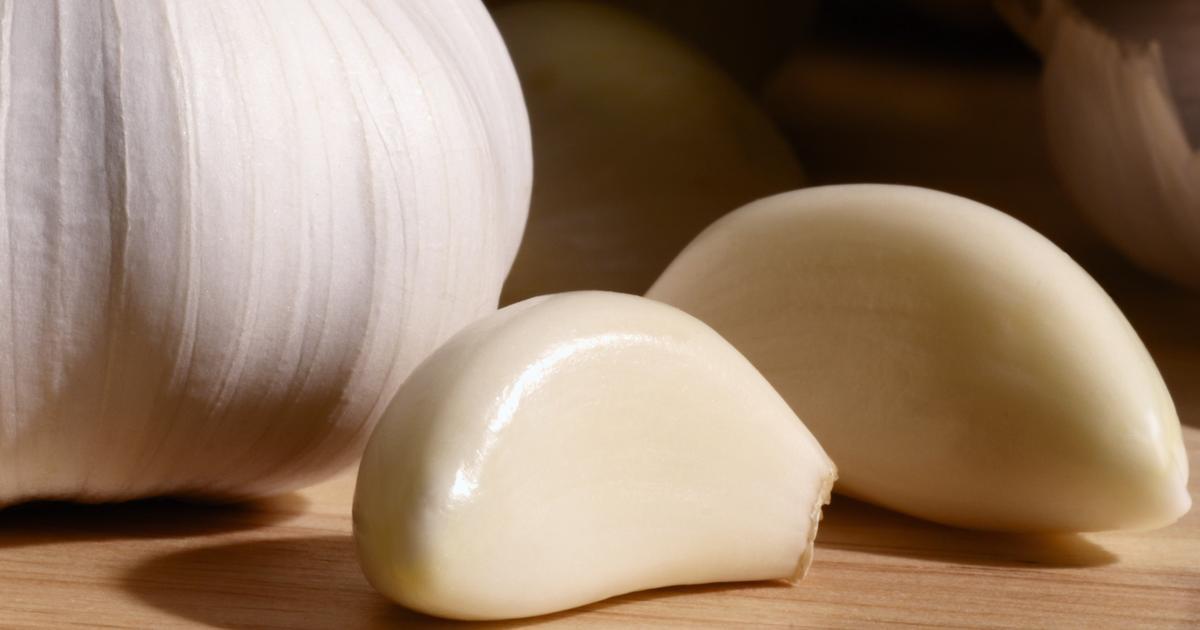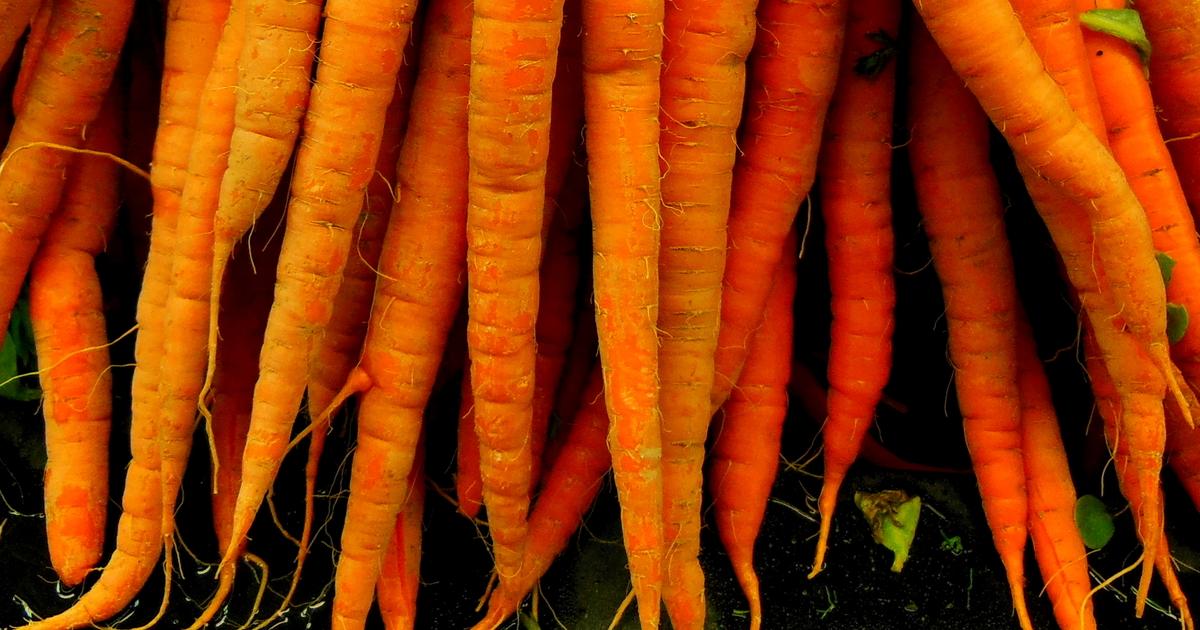Guide To Amazing Cancer-Fighting Foods
Garlic

Garlic is a vegetable that belongs to the Allium vegetable family. Other members of the Allium vegetable family include scallions, leeks, onions, shallots, and chives. The strong flavor and odor of garlic are attributed to the organic allyl sulfur compounds contained within it. Numerous studies suggest garlic has a preventative effect against cancer. The strongest evidence of the effect of garlic is associated with stomach cancer and prostate cancer. Several compounds in garlic are thought to be responsible for its anti-cancer properties. Cells become more vulnerable to the stress of cell division as a result of Allyl sulfur compounds. Therefore, the rapidly growing and dividing cancer cells are more easily damaged by the presence of Allyl sulfur compounds. When garlic is peeled before it is consumed, an enzyme called alliinase is released and begins several reactions with the end product of diallyl disulfide. Diallyl disulfide has also proven in studies to have preventative effects on the growth of cancerous cells.
Carrots

Carrots are a root vegetable native to Europe and Southwestern Asia. Carrots have long been known to boast numerous health benefits for the eyes and other organs. However, carrots contain a lesser-known compound referred to as falcarinol that has proven to reduce the incidence of precancerous and irregular cells becoming malignant. Alpha-carotene and beta-carotene are carotenoids synthesized by the body into an important vitamin for immune system function: vitamin A. Vitamin A assists the immune system with the proper activation of certain enzymes metabolize carcinogens in a timely manner before they can induce cellular carcinogenesis. Another component in carrots, luteolin, is a flavonoid phytochemical that is known to provide a rich source of antioxidants to the body. Antioxidants help neutralize certain harmful molecules that cause a type of tissue damage called oxidative stress, which encourages the development of cancer. Other flavonoids and polyacetylenes in carrots help with reducing inflammation in the body, which can also lower the chances of cancer development.
